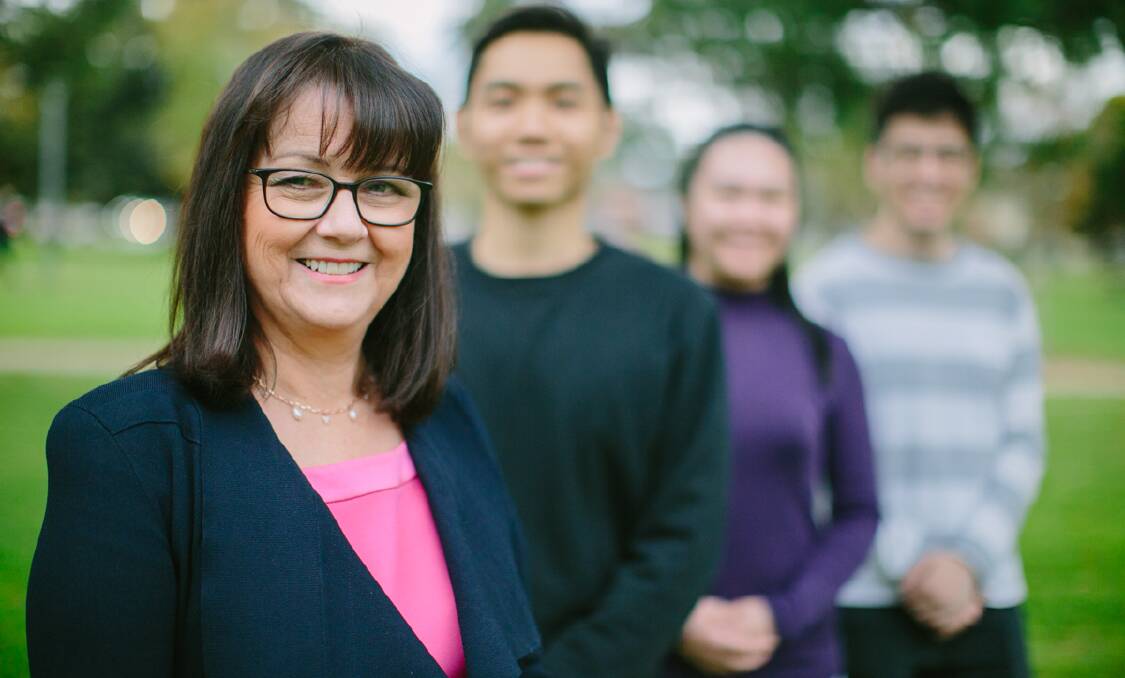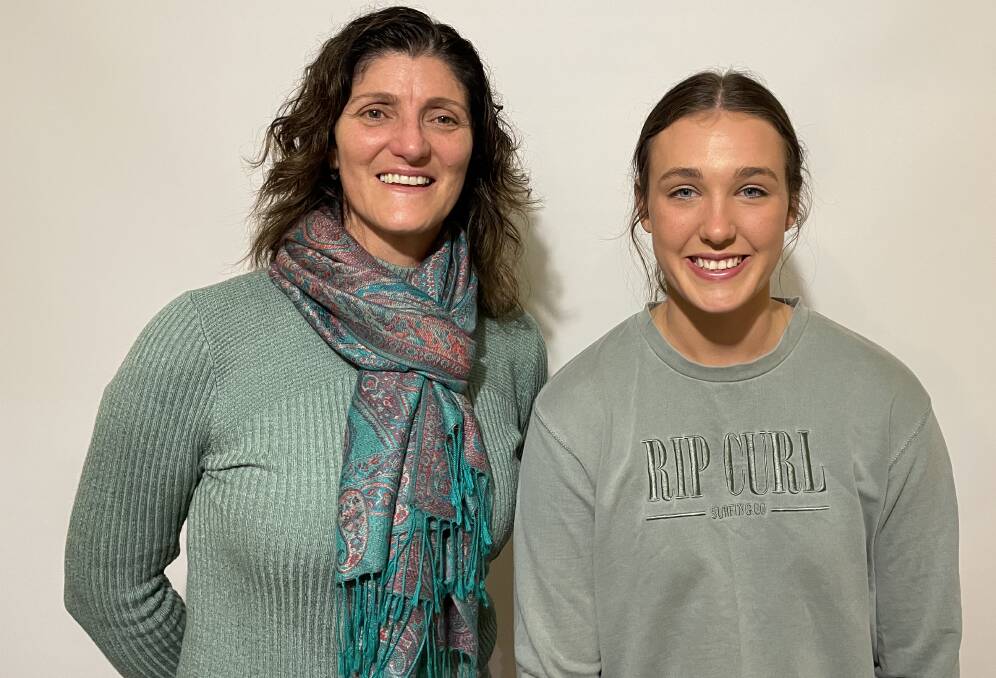SA communities praised for their vital contribution to important meningococcal study

Throughout South Australia there are more than 34,400 young people who have helped advance global knowledge on how to best protect against the deadly and crippling disease that is meningococcal B.
Between 2017 and 2019, in high schools large and small, from Penola to Port Lincoln, from Kingscote to Oodnadatta, the then Year 10, 11 and 12 students rolled up their sleeves for vaccinations and had their throats swabbed as part of a landmark research study.
The team behind the world-first study around meningococcal B immunisation are thanking the students and others in the community whose support was key to its success.
The state-wide "B Part of It" study, led by the University of Adelaide in partnership with SA Health, aimed to investigate the effect of immunising large community groups against the disease, particularly to test whether the vaccine could provide herd immunity.
Hundreds of immunisation nurses travelled to 237 schools over the period to administer the two injections and take throat swabs of each of the students involved.
Teenagers were chosen for the study because they have a high rate of carriage and transmission of the bug that causes meningococcal infection. The meningococcus bug is carried in the throat of adolescents with up to 10 to 20 per cent carrying the bacteria.
Now finalised, the study found that, while the vaccine protected the immunised person from meningococcol B disease, it had no discernible effect on preventing the transmission of the disease-causing bacteria from one person to another.
"The results showed we can't rely on herd immunity to protect unvaccinated people against meningococcal B disease." said the University of Adelaide's Professor Helen Marshall, the lead investigator on the B Part of It study.
"And it highlighted the importance of administering this vaccine to individuals in high-risk age groups - infants and young people must be vaccinated."
Professor Marshall said the study's important findings have contributed to global understanding of herd immunity and vaccinations, and will help shape vaccination programs in other countries. She said its success was thanks to the school students, staff, immunisation providers, and others in their communities across the state who made the study possible.
"The size of the study and the fact that many countries are using the study results to determine menB vaccine programs in other countries made it an exciting study to be part of," Professor Marshall said.
"South Australians should feel proud to have participated. It would not have been possible without the significant community involvement and collaboration."
Mount Gambier's Kara Zeven, one of the students involved, said she was pleased to have played a role in such an important study.
"I hadn't known much about the disease before we took part but it really opened up our eyes and made us more aware," said the former Grant High School student.
"I realised how quickly meningococcal B can affect you and what the symptoms are. And it made you feel like you were part of the discoveries and helping to provide really valuable information. I was very happy to be part of it and knowing that it's helping others."

The logistics of rolling out such an enormous vaccination and testing program was a challenge faced by long-time immunisation nurse Fiona Unger, who took a lead role in the implementation in her region, the Limestone Coast.
Mrs Unger, immunisation coordinator at Country Health Connect based in Mount Gambier, said recruiting and training the staff needed, managing the transport of the swab samples from sometimes long distances, and also coordinating this particular cohort of students all made it a daunting task.
"We are used to keeping the vaccines at the correct temperature when we're out and about in they community but we also had the swabs that we needed to get back to the laboratory in a timely manner so they could get back to Adelaide to be tested, so that was an added challenge," she said.
"It was a very busy time but I am so glad to have been involved in research that could give us the tools to say to people this is how important vaccination is - it's the best way to keep people fit and healthy and prevent death and illness.
"When people think about meningococcal they think about death but there are also the people who survive but still don't live a normal life. I have seen it at its worst and it is terrifying."
Mrs Unger particularly praised the young people she met who were involved in the study.
"They understood how important it was and really embraced it," she said. "There were a lot of very passionate young adults who were really into it."
This is branded content for B Part of It.


